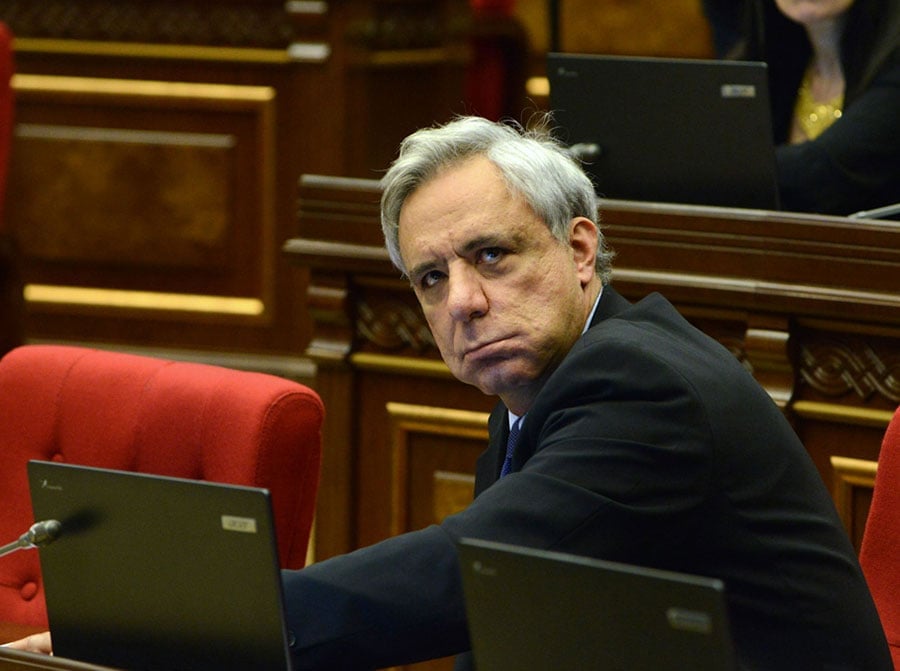Vartan Oskanian’s post
Yesterday, the Belgian Parliament adopted a resolution on the Nagorno-Karabakh issue. Among its many condemnations of Azerbaijan’s atrocities and human rights violations, it calls on Baku to comply with the International Court of Justice ruling of November 17, 2023 and allow the safe return of Armenians to their homes under international observation. This resolution complements two adopted by the European Parliament in 2024, as well as a recent Swiss parliamentary initiative advocating mediation between Azerbaijan and the Armenians of Nagorno-Karabakh. More than 100 British MPs have expressed support for the Swiss peace initiative, and soon we will also hear from the U.S. House of Representatives.
Against this backdrop, at a press conference two days ago, Nikol Pashinyan declared—among numerous other dangerous and illogical assertions, including the outsourcing of a corridor in Syunik, which I addressed in a separate article—that the Nagorno-Karabakh issue is “closed.” He stated unequivocally that the region is Azerbaijani territory and, perhaps most damningly, admitted that his only regret was not conceding this point earlier. That “mistake,” as he called it, cost thousands of Armenian lives and culminated in the loss of a major part of the Armenian homeland, along with the forced displacement of the entire indigenous Armenian population of Nagorno-Karabakh.
In any functioning democracy, such an admission of catastrophic miscalculation would have led to immediate resignation and lasting political disgrace. Instead, Pashinyan clings to power and attempts to declare an open wound healed.
Read also
But truth cannot be so easily erased. The Nagorno-Karabakh issue is not closed—nor will it ever be—until the rights of the 150,000 Armenians expelled from their ancestral homeland are recognized, restored, and guaranteed. No press conference and no revisionist rhetoric can change that fundamental reality.
Pashinyan may wish to convince the world that Armenia has nothing more to say or do about Nagorno-Karabakh. His motivations are transparent: to appease Azerbaijan, to avoid diplomatic confrontation, to deflect responsibility and to continue to cling to power. His rhetorical pivot, suggesting that Nagorno-Karabakh was never truly Armenian to begin with, is a moral and political betrayal of staggering proportions. It is also historically and legally false.
Nagorno-Karabakh has never been part of an independent Azerbaijani state. Its Armenian roots stretch back millennia—long before the formation of modern Azerbaijan. The region declared independence in 1991 under the same Soviet-era legal framework that gave rise to Armenia and Azerbaijan as post-Soviet republics.
One day, no doubt, Pashinyan will stand before a court and declare for having made a mistake in recognizing Nagorno-Karabakh as part of Azerbaijan at his infamous Prague meeting. But no apology will undo the damage he has caused. For this, he will never be forgiven by the Armenian people.
No matter what Pashinyan says or does, the Nagorno-Karabakh issue is not closed. It remains alive—until the right of return is fulfilled, and until justice is done for the victims of ethnic cleansing and forced exile.
Vartan Oskanian,
Armenia’s former foreign minister



















































